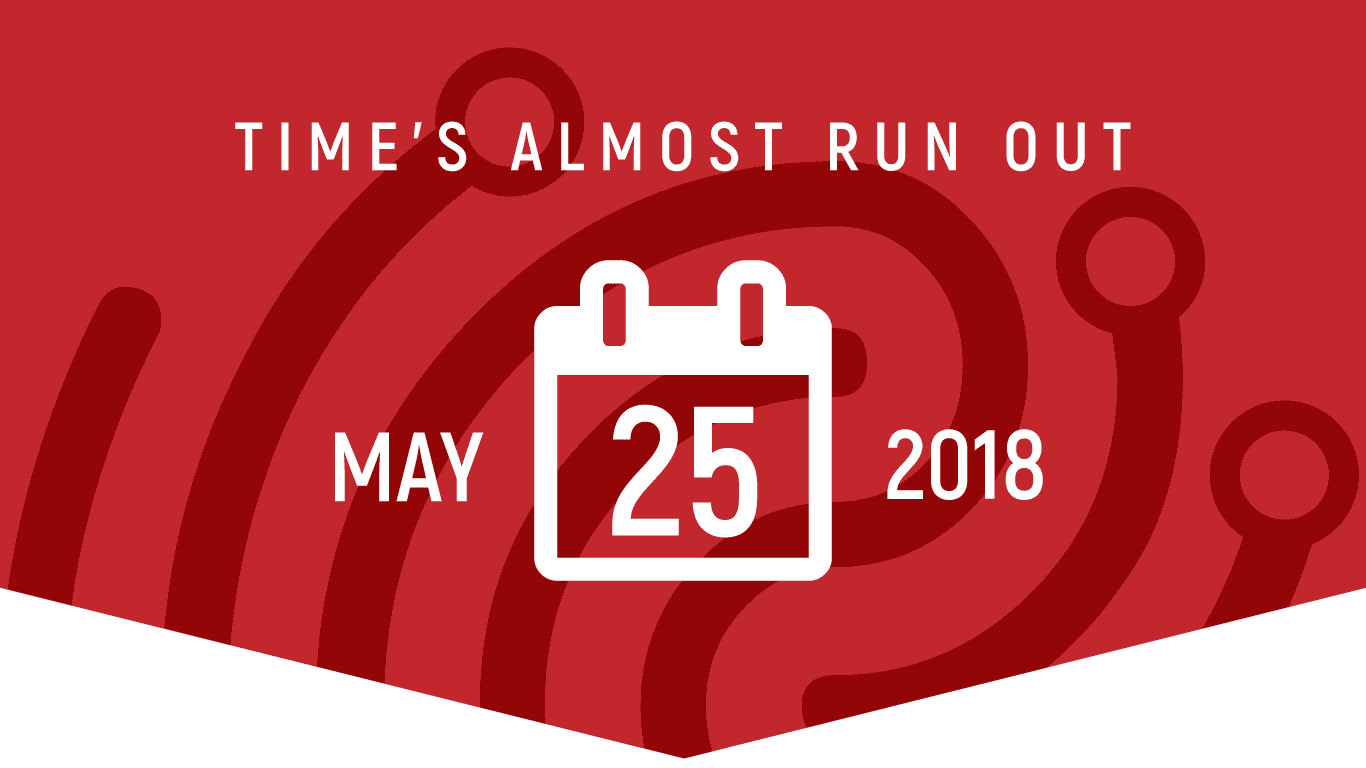If companies do not comply with the new regulations, they could face fines of up to 10 million euros.
According to the legislation, when requested, a company must have the ability to find and delete all the information that they have about a person. Lou Ruppert, VP of Security Operations at Silent Circle, says “It’s a way of taking privacy issues to a more holistic level. It’s built into business processes from the beginning. This allows companies to show respect for their customers’ security concerns.”. If companies didn’t comply with these rules, they could face becoming liable in the future if anything were to happen to that data.
The EU ruled on GDPR back in April 2016 but as this was a big undertaking for some companies, the deadline was set for 25th May 2018 to give them enough time to make the right adaptations to their systems – therefore, recently, companies have been sending out emails to its customers as the deadline draws nearer.



